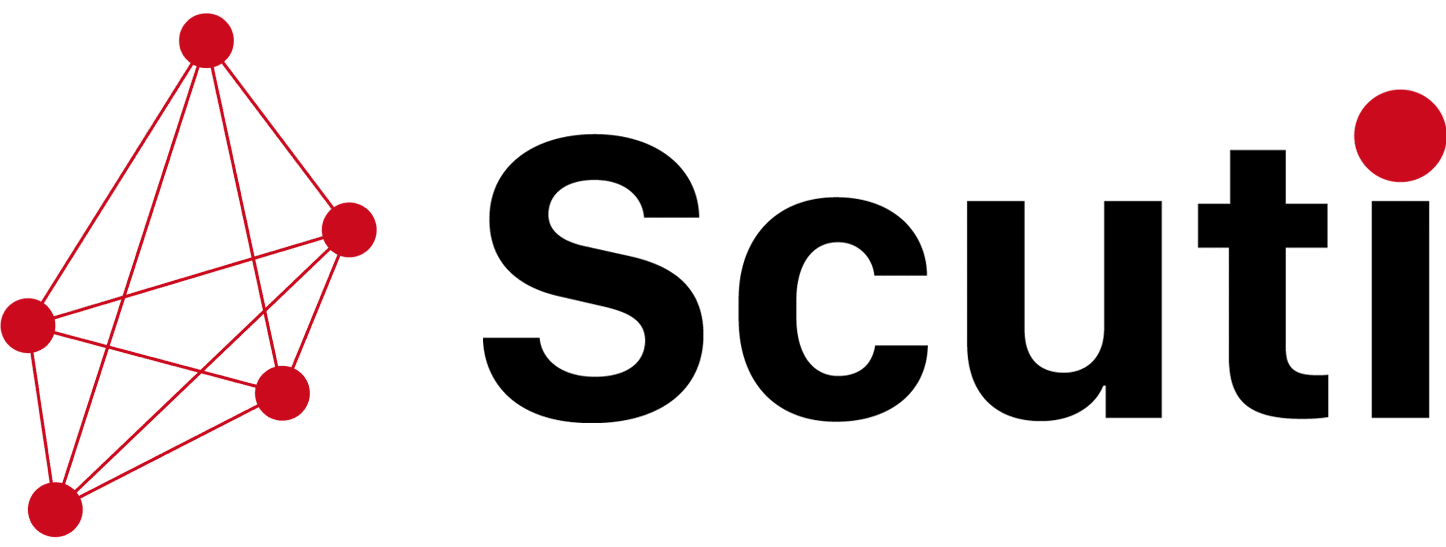OpenAI DevDay 2025 Revolutionary AI Features & Comprehensive Analysis October 6, 2025 • San Francisco, CA Event Information 📅 Date October 6, 2025...
We make services people love by the power of Gen AI.
